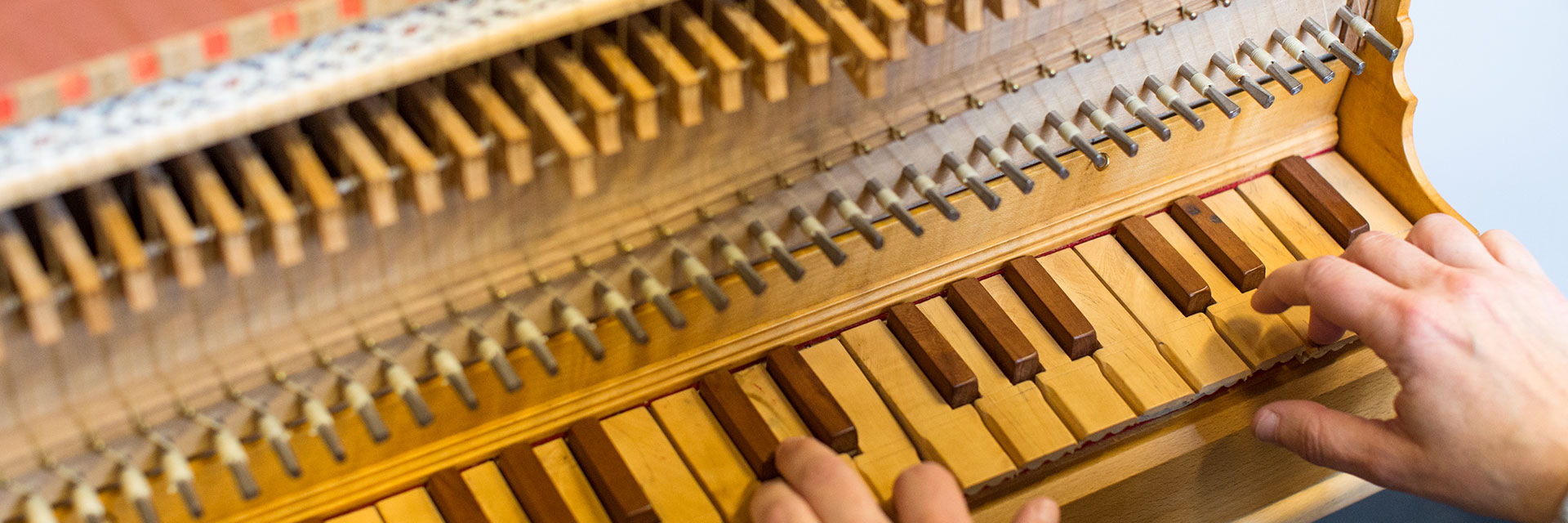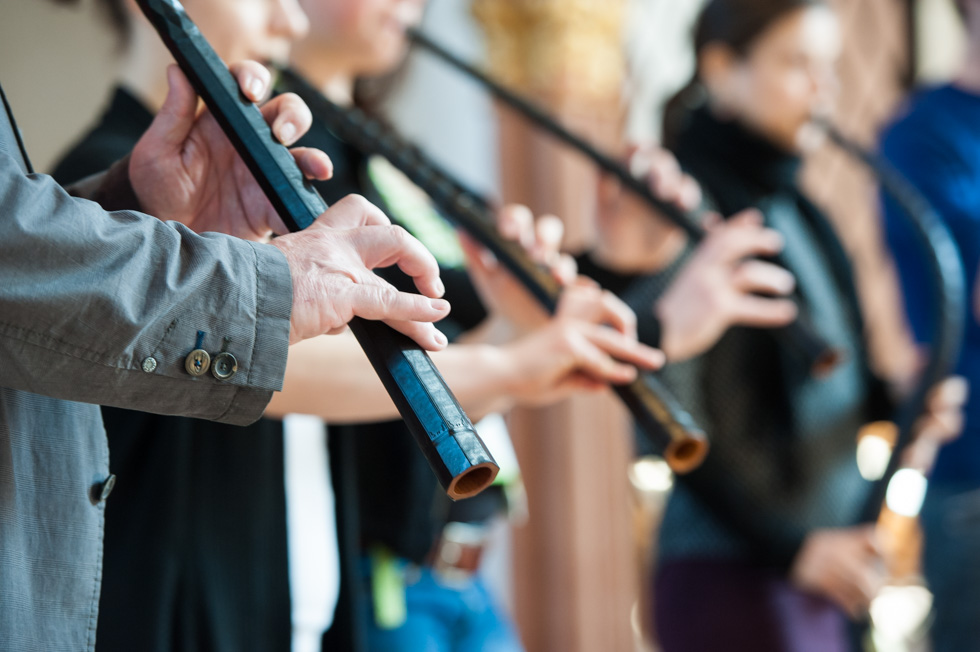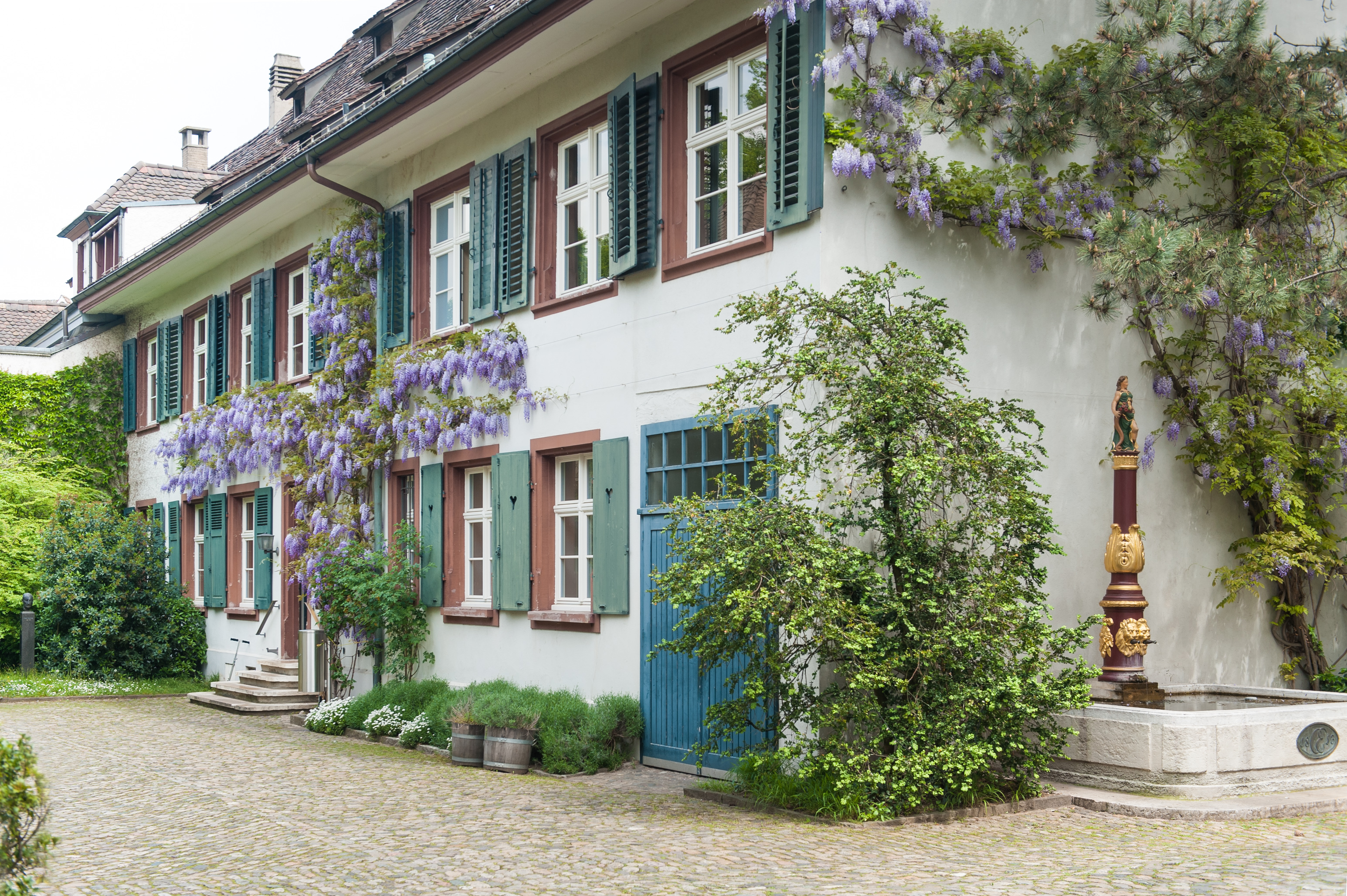Specialised Performance in Early Music Medieval-Renaissance instrument/voice
The music of the Middle Ages: a specialisation like no other
Key data
- Degree
- Master of Arts FHNW in Musik - Studienrichtung Alte Musik Mittelalter-Renaissance instrumental / vokal
- ECTS points
- 120
- Study start
- in autumn
- Duration
- 4 semesters
- Teaching language
- German (level A2 is required)
- Place
- Campus Musik-Akademie Basel
- Application fee
- 200 CHF
- Semester fee
- 750 CHF (CH) | 1000 CHF (EU/EFTA) | 1250 CHF (Not-EU/Not-EFTA) More Fees
The registration window is open from mid December until the end of January.
Mobile navi goes here!
The study of music from the Medieval-Renaissance period encompasses works dating from around 900 to 1530, and up to 1600 in specific cases.
Achieving the highest level of proficiency as an instrumental/vocal soloist is an important goal of this Master’s programme. Given that ensemble playing is integral to medieval and Early Modern music, the study programme also focuses on nurturing excellent ensemble musicianship, allowing students to acquire the skills needed to put their musical knowledge and expertise into practice in ensemble performance and direction.
This specialised Master’s programme requires students to have a thorough foundation in theoretical, practical and contextual subjects and topics that are of direct relevance to medieval and Early Modern Music. They must also be capable of independent study and inquiry. The in-depth study of a specialist subject from the period as well as the writing of a Master’s thesis provide students with an opportunity to demonstrate their academic research skills and their ability to apply these in practice.
No social media links available.



